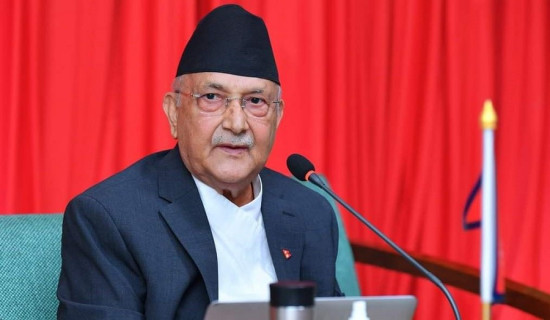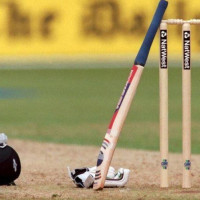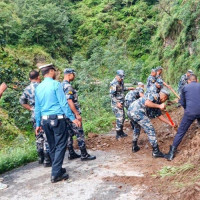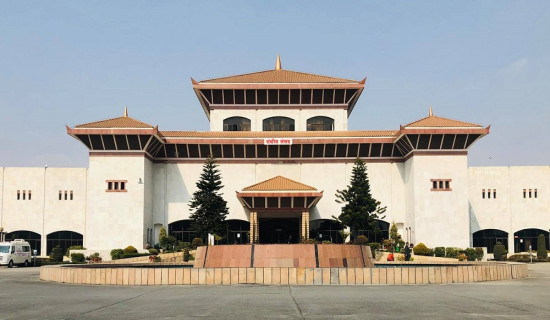- Monday, 18 August 2025
845 pregnant, post-partum women airlifted in 8 years
By A Staff Reporter,Kathmandu, Aug. 18: The government has provided free air rescue services to 845 pregnant and post-partum women since the introduction of the President Women Upliftment Programme in 2018, enabling the airlifting of women when safe delivery was not possible in their localities.
According to figures released by the Ministry of Women, Children and Senior Citizens (MoWCSC), 11 women were rescued in the first month (July/August) of the current fiscal year.
Since the programme's inception, the free air rescue service has saved the lives of 26 women in 2018/19, 87 in 2019/20, 103 in 2020/21, 169 in 2021/22, 167 in 2022/23, 161 in 2023/24, and 132 in 2024/25, according to the MoWCSC.
Most of the rescued women are from Bajhang, Bajura, Achham, Jajarkot, Khotang, Dhading, Sindhupalchowk, Gorkha, Kalikot, Dolakha, Solukhumbu, Okhaldhunga, Rukum (East and West), Dolpa, Dailekh, Humla, Jajarkot, and Bhojpur districts.
The government provides air ambulance services to pregnant and post-partum women at risk of death due to a lack of emergency medical care, in line with the Procedure Related to Air Rescue of Pregnant and Post-partum Women of Critical Condition in Remote Areas-2018. The procedure aims to ensure quality and reliable services for women living in remote areas without adequate medical facilities.
The MoWCSC stated that the programme has been effective in safeguarding citizens’ constitutional right to safe motherhood and reproductive health. This facility is available in 48 districts, fully operational in 19 and partially available in 29 districts.
Timely air rescues have saved numerous mothers and their newborns. These operations are part of the President Women’s Upliftment Programme, introduced in 2018 to protect mothers in remote Himalayan and hill regions facing life-threatening pregnancies or deliveries. The operational guidelines define "at-risk" women as those with prolonged labour, obstructed delivery, intrauterine fetal death, swelling of extremities during pregnancy, excessive bleeding, or severe anemia. Transport is provided via planes or helicopters, coordinated between local governments and district authorities.














-original-thumb.jpg)
